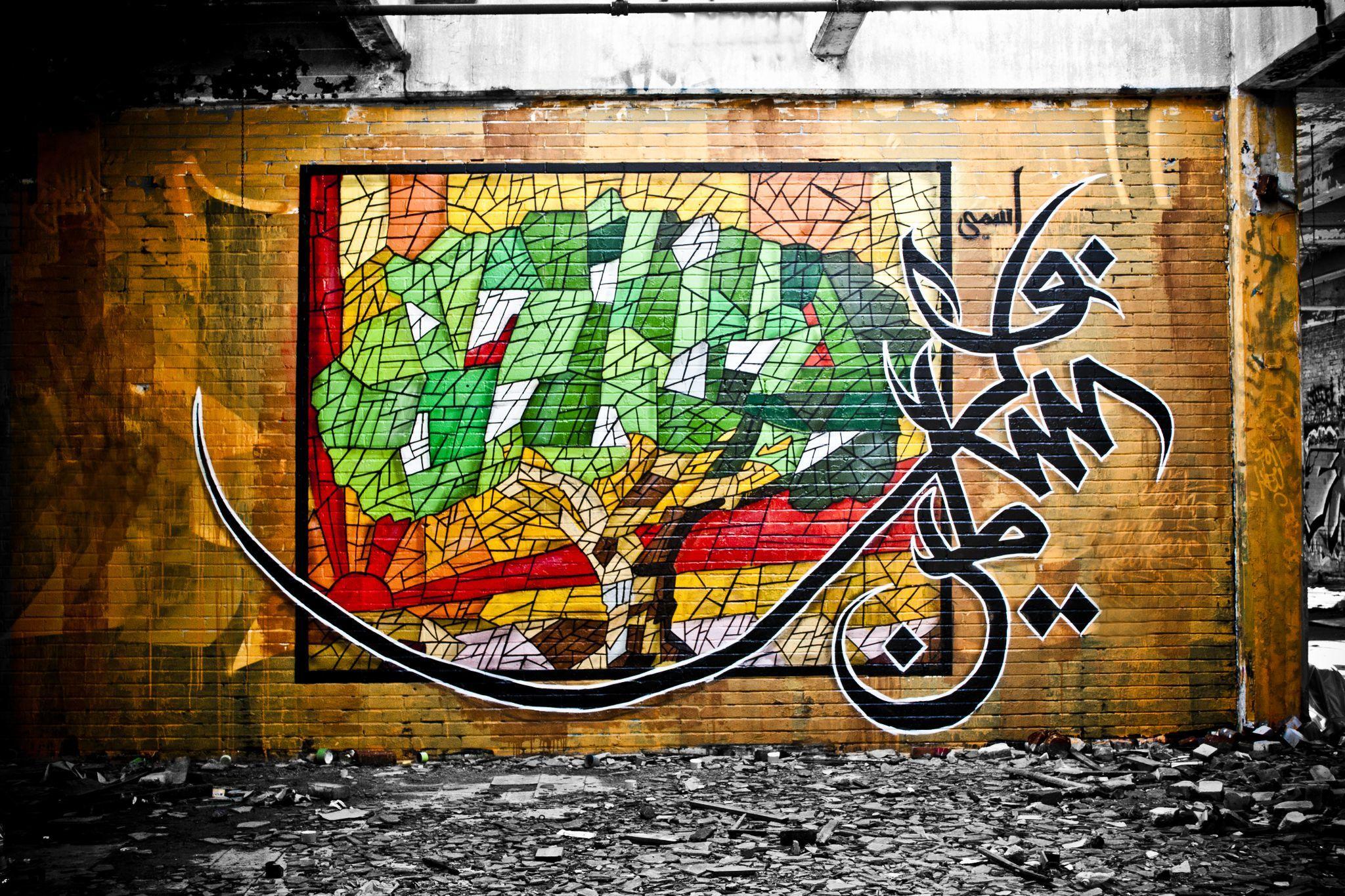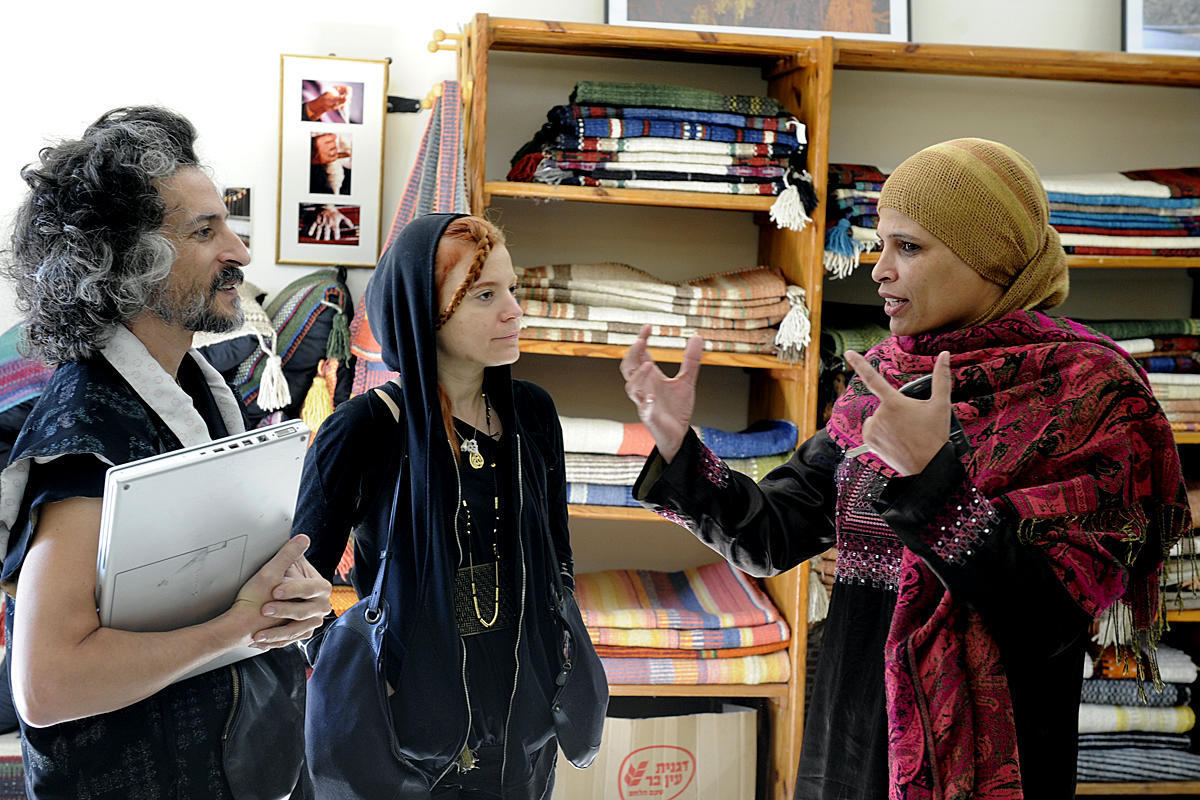According to a report published on Lexiophiles in 2009, the Arabic language is among the most difficult to learn in the world, alongside Mandarin Chinese and Polynesian. It a language that is important to Arabs across the world, as well as the Islamic faith as it is the language that is used in the Muslim holy book of the Quran. Nonetheless, to become a true expert of the Arabic language, it's a must that you master Arabic writing, script and texts! Like Chinese or Japanese, Arabic tends to instil fear in native English speakers. The alphabet, so different, can seem indecipherable at first glance. What's more, learners are frightened away by the various types of Arabic that exist, and the supposedly complex Arabic grammar used even in basic Arabic. There are, however, many people who manage to perfectly master Arabic writing, almost as well as native speakers! There is so much that you need to know about Arabic, so how do you become an unbeatable writer of this Semitic language? There's some good advice on the internet about how to learn Arabic. Here's our advice on learning how to write Arabic like a pro without going through long traditional courses.

Some Advice Before You Start Studying the Arabic Language
Choose the Right Type of Arabic Before choosing an Arabic course, you need to identify which type of Arabic you want to learn. There are two forms of Arabic:
- Literary Arabic
- Dialectic Arabic
Although dialectic Arabic differs from country to country (Moroccan Arabic is different from Egyptian Arabic for example), Literary Arabic is often considered much more complicated to learn. Indeed, you'll need to invest a serious amount of time and dedication to master all of the twists and turns of Literary Arabic. This classical form is a Semiotic language whose root words are based on three-letter consonant structures. Check for Arabic classes Melbourne here. 
- Morocco
- Tunisia
- Saudi Arabia
- The United Arab Emirates
- Egypt
- Qatar
- Syria
- Sudan
Despite some fears that classical Arabic will die out, if you want to study Arab culture, it's best to learn form. Its linguistics aspects are used in Arabic language literature and in all political negotiations. To study Arab history or Arabic linguistics, it's better to study Classical Arabic. What's more, by learning Classical Arabic, students can more easily transition to learning dialectic Arabic. Dialectic Arabic is principally a spoken language, used in Arab media or in business settings. In terms of grammar, vocabulary, pronunciation, and syntax, it's different from Classical Arabic, to the point that a conversation between the two types would be impossible. Dialect Arabic is advised for all students who want to go live and/or work in an Arab country. If you make the decision to go live with a native family, this will be an introduction to dialectic Arabic, and one that will help you get the correct pronunciation of words. On the other hand, if you want to become an Arabic linguist, dialectic Arabic will not be of much use to you. To master writing in Arabic, it's best to focus on Classical Arabic, the type most used in written form!
Being Aware of the Difficulties of Arabic Writing
Arabic is often seen as one the most difficult languages in the world. And with good reason: it's estimated that it takes 2,200 hours of Arabic classes to be able to learn to write in Arabic correctly. The system of Arabic writing is very different from ours. Even if the Arabic alphabet, with its roots in Aramaic languages, contains only 28 letters, 2 more than our own Latin alphabet, the style of writing is completely different from what we're used to in the West, and care must taken with all aspects, especially the dots above or below words which affect how it is pronounced. More than anything else, the biggest difference is that reading and writing are done from right to left, the opposite of English. In an Arabic text or poetry, the letters are not separated from each other as they form words, similar to our own cursive handwriting (which is inspired by Arabic calligraphy), but much more complicated. There are no capital letters anywhere to indicate the beginning of sentences, and vowels are often elided from written Arabic: reading is thus nearly impossible for Arabic beginners. The aesthetic beauty of Arabic, however, is undeniable. Many American students study calligraphy as part of the Arabic lessons, to be able to write Arabic correctly, almost as well as native speakers. Rest assured: learning to write in Arabic is not impossible! With a good attitude and total dedication, students can be veritable experts in the Arabic language.
Learning to Write in Arabic with Books
There's nothing quite like a good old fashioned schoolbook to help you learn the basics of a language! Even on a tight budget, students can get started learning how to write in Arabic by using a manual created by Arabic language professionals. Check out this Arabic language course here. 
- Write it in Arabic: A WorkBook and Step-By-Step Guide to Writing the Arabic Alphabet, by Naglaa Ghali
- How to Speak and Write Correctly: Study Guide (Translated) in English and Arabic: Dr. Vi's Study Guide for Easy Business English Communication, by Joseph Devlin
- Arabic Writing for Beginners: Part I 10th Edition, by Z. H. Qureshi
- Alif Baa: Introduction to Arabic Letters and Sounds (With DVD), by Kristen Brustad, Mahmoud Al-Batal, and Abbas Al-Tonsi
- Elementary Modern Standard Arabic: Volume 1, Pronunciation and Writing; Lessons 1-30, by Peter F. Abboud
What's the advantage of a linguistic manual? The ability to bring it with you everywhere, the chance to review your written Arabic as you travel or in between lessons. What's more, these workbooks are packed with little tips to help you learn how to write Arabic more easily and how to understand Arabic calligraphy. These lessons, put together by professionals, help students progress more rapidly and truly perfect their Arabic. Find Arabic courses Sydney here on Superprof
How to Have Fun as You Learn to Write in Arabic
Why not try out some electronic games to help you learn how to write in Arabic? Writing the language of the Quran can quickly be learned thanks to the games and other activities available free online. What are the advantages here? These digital resources are often much more fun and allow students to forget that they're studying. 
- Foreign language programs in Arabic: ABC Arabic, Arabic educational software, etc...
- Smartphone, tablet, and computer apps: Alif Ba, Write with Me in Arabic, Write it! Arabic, etc...
- Educational Videos: Youtube, Dailymotion, etc...
These digital resources are especially good for children learning the Arabic language. Learning while having fun enables easier memorization and retention of written Arabic and helps students overcome difficulties that might otherwise turn them off from the endeavor. To learn the basics of writing in Arabic, it's the ideal method! Learn Arabic online with Superprof.
Learning How to Write in Arabic with a Pen Pal
To really know everything about writing in Arabic, why not converse directly with a native speaker? Handwritten or digital pen pals allow people all around the world to communicate and develop friendships, while at the same time enhancing language skills. With all respect to linguistic goals, it's the cultural exchange that correspondents value the most. Discussing things with a native of the Arab world offers you the chance to know much more about the Arab culture and delve into a number of subjects, such as history, literature, or even music. 
- Swapasap
- My Language Exchange
- Students of the World
- Penpal-tradition
- ItalkI
- Speaky
- Conversation Exchange
The advantage to this activity is that it makes sure that the written skills of the learner keep up with speaking skills, since most online lessons focus on oral approaches to speak Arabic. Understanding of Arabic words, phrases and sentence structure can all be developed via this method. What's more is that having contact with a native speakers allows you, eventually, to be able to plan a trip of total immersion with a family living in the Arab world. In such a scenario, students can quickly perfect their Arabic writing skills and learn alongside a native speaker. Better than an email correspondence is the classic pen, paper, and mail method — a physical letter in Arabic. Your friend can more easily see your mistakes and subsequent improvements, and can coach you as you learn to write Classical Arabic, and help you improve your reading skills at the same time. Find Arabic classes London on Superprof. With all of this advice, you can now get started with your personal education in writing the Arabic language.
Summarise with AI:















